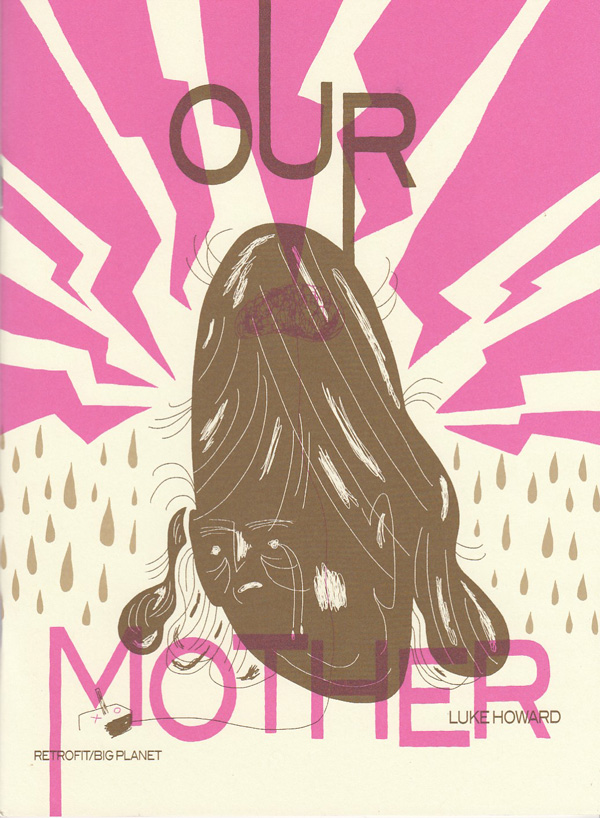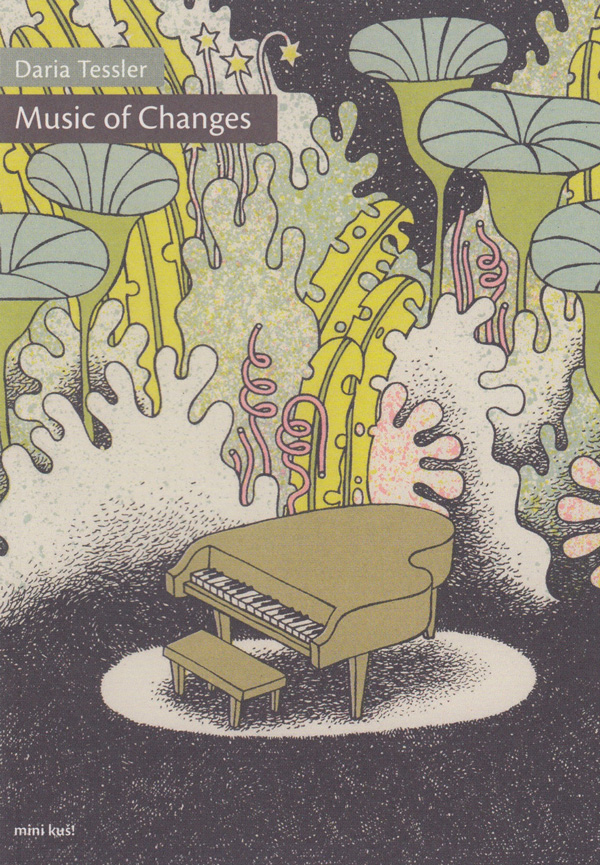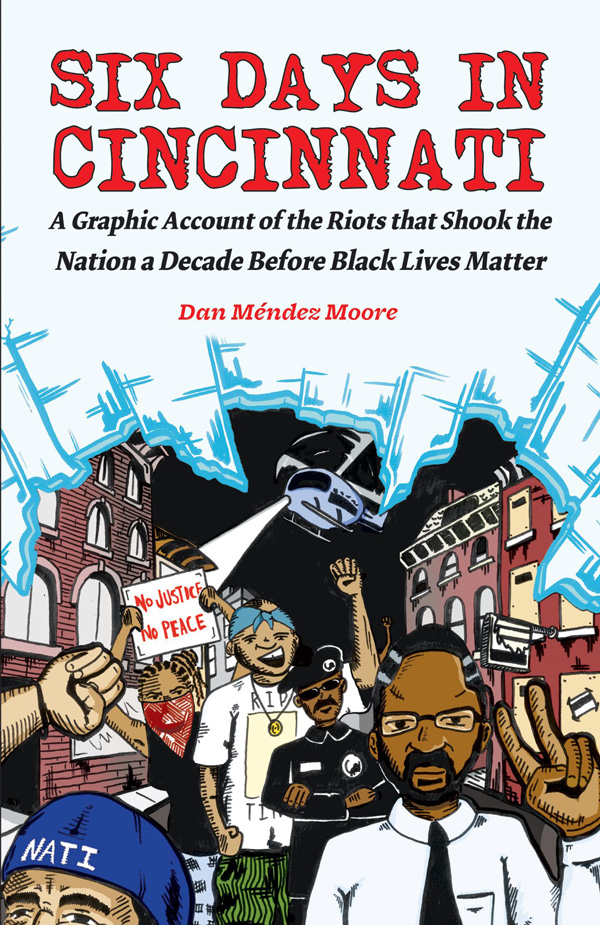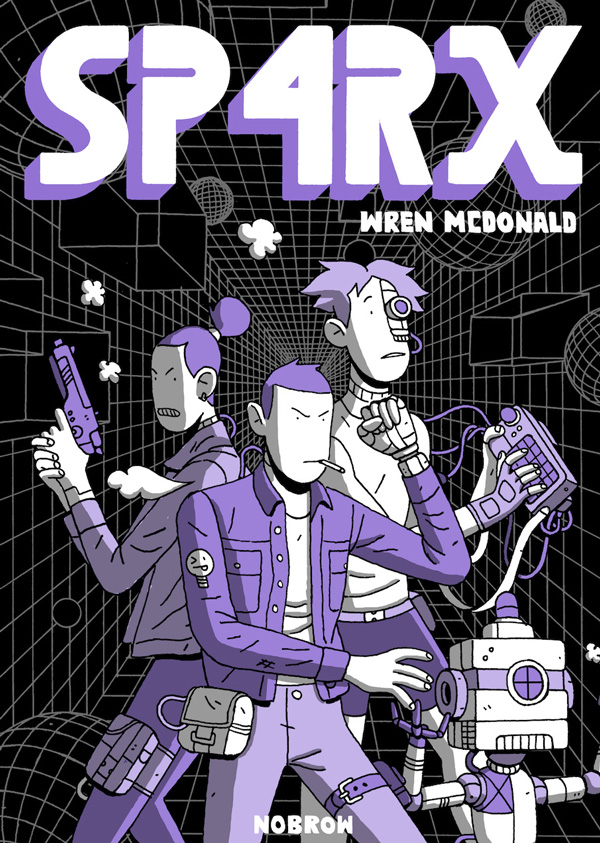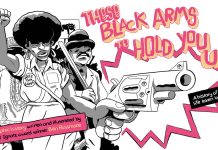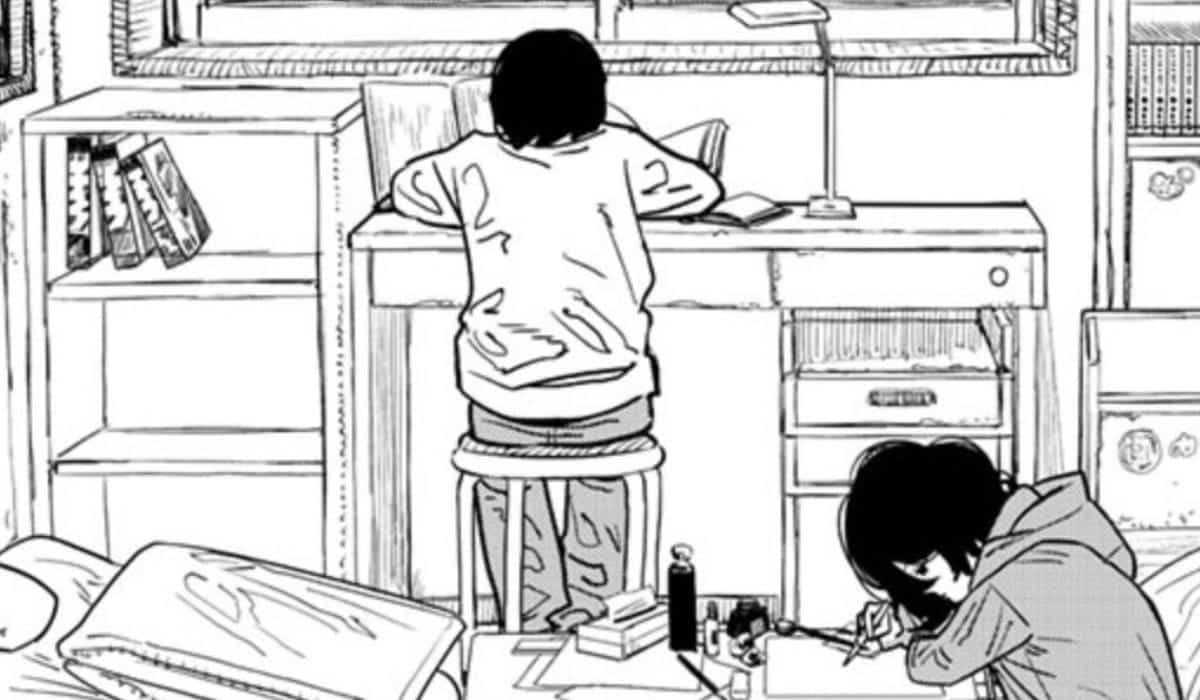Comics has become the territory of many examinations of mental health in regard to personal history, and each manifestation of this is going to be as varied as the individuals tackling it. Luke Howard takes an immensely refreshing approach by splitting up the details into various comics of different genres and art styles, without any characters in necessarily in common, all working towards either a fanciful interpretation of autobiography and a more fable-like presentation of the emotions and implications of the autobiography. This includes a science fiction scenario, a wacky fantasy adventure with two kids, an examination of the mind of a gorilla in a behavioral study program, and a surreal depiction of parents passing along disorders to their children by way of deals with shifty witches on street corners. Ending the piece with a straightforward parent-child conversation, Howard has really crafted something multi-faceted here, providing true insight to psychological disorders while not taking the standard route to do so. This is a funny, weird, mysterious, and touching work.
Davis takes the goofy shenanigans of a group of pre-teen girls on a sleepover and turns them into indicators of how perceptions of other humans are born and grow and sometimes take over perception. Libby’s parents are getting a divorce — a pretty messy one — and her friends gather at Libby’s father’s new house for a pool party and overnighter. It’s a free for all of vibrant banter and gossip as the girls try to delve into the details of the divorce without getting much further than urban legend territory, as well as scoff at other aspects of their lives, such as a friend who’s being ostracized from the group as they all go through the typical changes of the age. One mishap in the night and panic takes over, bringing the urban legend quality to a frantic tipping point in which some stereotypes are toppled, while others become more entrenched in the young minds. Even with the darker elements, Davis manages to keep a giddy quality flowing throughout, made all the more buoyant by her artwork, which uses all her usual child-like qualities but adds a casual aspect that brings it to the same emotional level as her chosen subjects.
Music of Changes by Daria Tessler
Mini Kus #45 features this master work of conceptual art humor that starts with a tour of the John Cage Art Farm and ends with the ironic transformation of members of the Society for Disorder Control, while also including recipes for four cocktails as part of the action. The idea of the farm is that genetically modified plants are utilized to create “a randomized combination of sculptural attributes” inspired by Cage’s music, fueled by automated coin tosses, and sold off for big bucks. This process is opposed by some, and protest just unleashes chaos. Tessler’s art is a strange and wonderful cartoonish conundrum that perfectly matches the absurd, theoretical set-up for the humor here.
Six Days in Cincinnati by Dan Mendez Moore
Covering the Cincinnati riots of 2001 following the police shooting of 19-year-old Timothy Thomas, Moore’s journalistic recounting of the events is a strong reminder that the fury more recently released in Ferguson and continuing across the country is not a new one. Moore follows a period time from Thomas’ death to his funeral, in between covering the on the street beginnings of the riots, as well as including the reactions of efforts of the local government and the reaction of the police, to give a pretty good nuts and bolts explanation of how these movements form in response to tragedy and how each side can feed off each other as it escalates. Moore pulls off a tight rope walk of capturing his personal experience and juxtaposing that with the wider picture, including interviews with other people involved in different levels of action, including one fascinating passage with a looter. It’s a particularly prescient work that captures well the adrenalin and anger of such events. Moore’s artwork is a little rough, but that’s fitting given the subject matter, and adds an immediacy to the recounting that is helpful. The book was first released in 2012 as Mark Twain Was Right, but will receive a new printing in June of 2017 from Microcosm Publishing, though the title is currently available from Comixology.
SP4RX is the apparent first volume of Wren McDonald’s action-oriented dystopian science fiction adventure, which takes place in a claustrophobic and cluttered futuristic city overrun by robot police and overseen by the sinister software of Structus Industries, which controls the robots as part of the infiltration and control of daily life. At the center of the adventure is the roguish hacker SP4RX, who performs illegal operations for hire by plugging his brain directly into the city’s computer system. SP4RX is a Han Solo type without much of a social conscious, so when he comes into contact with a a group of rebels fighint Structus, he’s not really interested when they ask him to join them. But we all know how that goes, and the story becomes that of SP4RX’s journey to doing the right thing, complete with big robot battles and villainous cogs in the wheel lurking behind the scenes. It’s an energetic book that has a light-heart in its depiction of darkness and flies along easily enough. While I can’t say it adds that much to the genre, SP4RX is an immensely likable endeavor with some clever touches, though, not the least of which is the art’s resemblance to Fred Hembeck, which gives it a comical flourish that actually boosts its personality.


